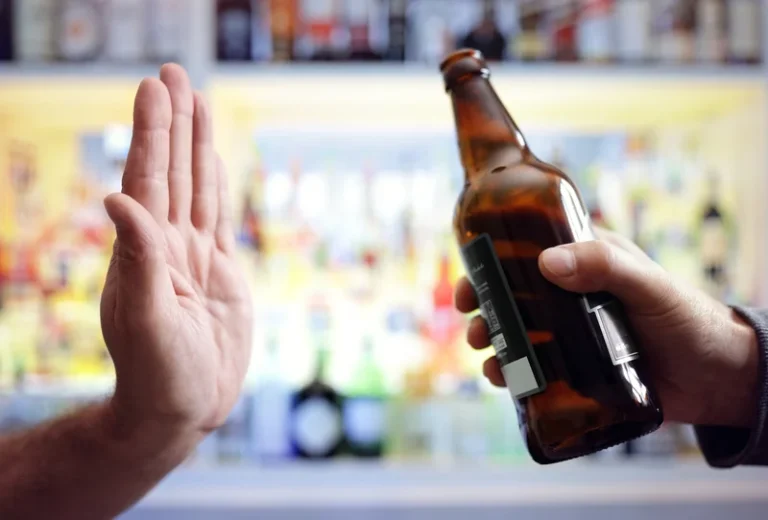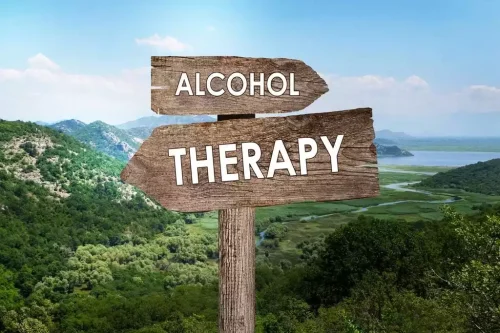
And always remember, it’s never too late to seek help and start your journey towards recovery. If you’re using weed to self-medicate for anxiety, depression, or other mental health issues, you’re walking a dangerous tightrope. It’s like trying to put out a fire with gasoline – it might seem like it’s helping in the moment, but you’re just making things worse in the long run. Let’s dive into the nitty-gritty of how cannabis affects our brains. When you smoke or ingest weed, THC binds to cannabinoid receptors in your brain, triggering a release of dopamine – the feel-good neurotransmitter.
Marijuana Addiction Treatment
During this time, it can be helpful to have a plan that will help you stick to your recovery efforts. Look for ways to relieve your symptoms without turning to marijuana and consider reaching out to your healthcare provider for solutions that can help. Symptoms of withdrawal can be unpleasant and can derail your efforts to stop smoking weed. When the physical and psychological symptoms get bad enough, you might return to using the drug to find relief. So, whether you’re struggling with addiction yourself, supporting a loved one, or just curious about the topic, I hope this deep dive into the world of weed addiction has been enlightening.

Breaking Free: Treatment Options for Cannabis Addiction
- They will work with you to get properly evaluated and the appropriate treatment.
- Drug abuse and addiction can be scary and uncertain, but it’s treatable, and there’s help out there.
- But as Galloway explains, a person with an addition isn’t making decisions the same way as a person without an addiction would.
- Another myth is that weed is harmless because it’s not as addictive as other drugs.
- MET is based on motivational interviewing and helps to increase changes in behavior by giving nonjudgmental feedback and helping people set goals.
Overall, these studies demonstrates that chronic cannabis use sensitizes the mesocorticolimbic-reward system to cannabis cues and to THC (Volkow et al. 1996a; Filbey et al. 2016). These findings suggest that chronic cannabis use affects key brain circuits involved in the reward system similar to other drugs of abuse. The withdrawal/negative affect stage is then triggered by opponent-process responses following binge episodes. These opponent-process responses https://ecosoberhouse.com/ are marked by within-systems and between-systems neurobiological changes that drive the loss of motivation towards non-drug rewards and impaired emotion regulation seen in this stage. In addition to changes in reward processing, chronic cannabis use also seems to affect emotion processing. Several MRI studies reveal functional and structural differences in the amygdala – a key brain structure in processing emotions – after chronic cannabis use.
- There are studies of children whose mothers used marijuana when pregnant with them.
- Some are even dependent on the drug, using it daily and going through withdrawal if they try to quit, but they still remain functional.
- In 2014, states that had legalized medical marijuana reported a 25 percent drop in deaths resulting from an overdose of pain medication.
- People who experience marijuana withdrawal typically find that their symptoms get steadily worse over several hours and peak within the first week.
- This means that when the drug wears off, the person’s heart could start to race, they could become irritable or depressed, or experience any number of other reactions called withdrawal.
Withdrawal Symptoms
Food and Drug Administration (FDA), a drug must have well-defined and measurable ingredients consistent from one unit (such as a pill or injection) to the next. After examining the acute and long-term effects of cannabis, CUD appears to marijuana addiction conform to the general patterns of changes described in the Koob and Volkow model of addiction. Treatment options or “rehab” for marijuana addiction is similar to treatment programs and protocols for addiction to alcohol and other drugs.

These natural chemicals play a role in normal brain development and function. Drug abuse and addiction can be scary and uncertain, but it’s treatable, and there’s help out there. There are a variety of treatments available, and if one doesn’t work, another one may be better for you.

Breakthrough technique may help speed understanding, treatment of MD, ALS
This means you can’t stop using it even if it harms your relationships, school, job, health, or finances. The CDC states that you have a 10% risk of a cannabis use disorder if you use marijuana. A number of studies link chronic marijuana use and mental illness. High doses can produce a temporary psychotic reaction in some users. Use of the drug can also worsen the course of illness for patients who have schizophrenia. A series of large, longitudinal studies also shows a link between marijuana and the development of psychosis.
Cardiovascular risks soar among daily cannabis users
Research has found that it usually takes people a few tries before they are successful. Having them readily available makes it easier and more tempting to give in to a drug craving. Stay strong, stay informed, and most importantly, stay hopeful. The road to recovery might be long, but with each step, you’re reclaiming your life and your future. While individual people may report certain personal benefits, all of these factors make it difficult to come to any firm conclusions. Scientists have historically classified marijuana (THC) as a hallucinogen.

How to Stop Smoking Marijuana
If you suspect marijuana use disorder, dependence, or addiction in yourself or someone else, help is available. Reach out to a healthcare professional such as a primary care provider or a psychologist for support. Substance use resources are also available in local communities and at the state level. Additionally, over 80 percent of people who use medicinal marijuana also use it recreationally.


